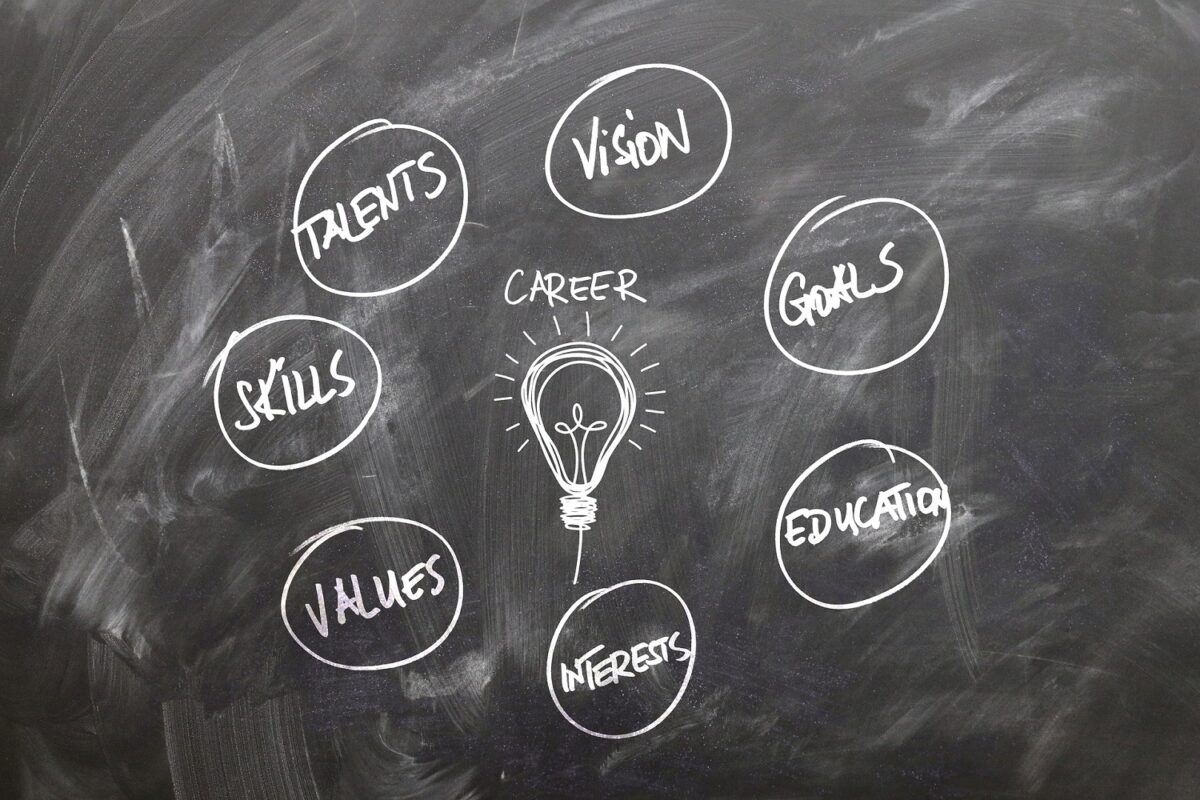
Journalist, Improve Your Skills
Modern journalism has become multimedia, and journalists need more and more skills. The most basic ones are writing text, taking pictures, shooting video, and working with social networks and messengers.
As a reminder, multimedia journalism is a way of presenting journalistic material using different formats. The topic is the same, but it is disclosed and presented via text, photographs, video, infographics, and various interactive “gizmos” that can be posted on a site. And the journalist takes an active part in all stages of preparing the multimedia material.
As we like to say: a journalist develops throughout his life, especially given the constant progress of modern technology and the development of information technology.
Let’s take photography as an example. Yes, photographers often take pictures, but not always. Very often the editorial office has no opportunity to send a photo correspondent along with a journalist. So you have to take photographs with a DSLR, a digital camera, or a cell phone.
And each case has its own nuances. For example, the journalist went to cover a mass event. In a good picture should be a face, some interesting details that convey the mood of the participants. Catch the emotions of the protagonists of photography, their gestures, movements. Use the basic rule of composition, which is called the “golden ratio”. To do this the frame should be mentally divided by lines so that each side was divided into about three parts. And the main objects in the picture at the intersection of these lines.
The knowledge and skills of a journalist can be compared to a constructor or a puzzle to put together from different parts and elements. We recommend the currently fashionable “training on demand” method. Need to take pictures at a public event tomorrow? Read about it, watch videos, download and review books on the subject, see examples of successful photos. Need to publish articles on a site that runs on the WordPress engine this month? Learn how to do it and practice right away. And so on. But the method of “accumulate knowledge for just in case” has its own disadvantages – the knowledge for non-use is lost, forgotten. We believe that “learning on demand” is more practical and effective.



